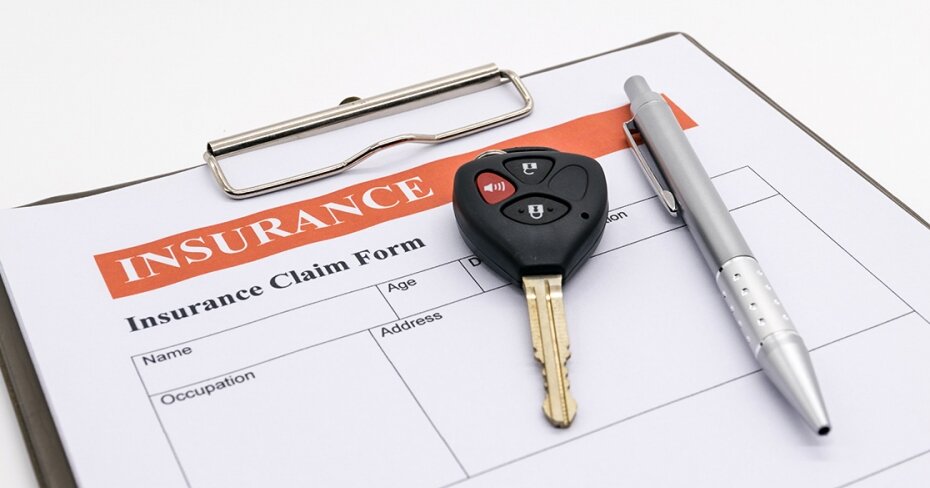What you need to know about making a car insurance claim
By: Tom Drake on June 17, 2016
There’s a good chance that, at some point, you will be involved in a car accident. If this is the case, you will need to file a car insurance claim. After all, the whole reason to purchase insurance is to help you manage your finances in the event that an accident or unexpected event affects your assets. Most of us can’t just buy another car or pay for repairs if something happens. Car insurance allows you to pay a smaller amount now for financial protection later, making it more manageable.
If you are making a car insurance claim, here are a few things to keep in mind:
Report within seven days
You are required to report the accident to your insurance agent or broker within seven days. It doesn’t matter whether you are at fault. If you aren’t at fault, your insurer may not be responsible for the financial part, but you still need to report an accident within a week.
Know your facts
When you contact your insurer, you should have the facts of the accident ready to go, as much as you are able. This includes knowing information about your car, as well as the make, model, year, registration, and licence plate number of the other car involved in the accident. When making a car insurance claim, you should also know as much as possible about the date and time of the accident, the location, any injuries, and your description of the accident. If you can, get the name and badge number of the investigating officer, since this will make obtaining the police report easier.
You need to talk to a claims adjuster
Later, you will be contacted by a claims adjuster. Try to write down the facts of the accident so that you can share them with the adjuster. This will help you later, when you need to be able to share information with others. It can also move things along if you need to fill out a claims form. Having the information accessible can be a big help as you complete paperwork.
Fault in an accident can be shared
The claims adjuster helps determine who is at-fault for an accident. It’s possible to share fault. You will be assigned a number between 0% and 100% for fault. The share of the fault that is assigned to you affects how much the insurer pays on your behalf. Any amount of fault will end up on your insurance record. However, in many cases, insurers won’t raise your premium unless you are at least 25% at-fault.
You can complain about a decision
If you don’t agree with your insurance company’s decision, you can file a complaint. You will need to provide additional information, if you have it, and possibly fill out more paperwork. In some cases, presenting your case, and bringing new information to light can lead to a re-assessment of fault, which can improve your premium situation down the road.


